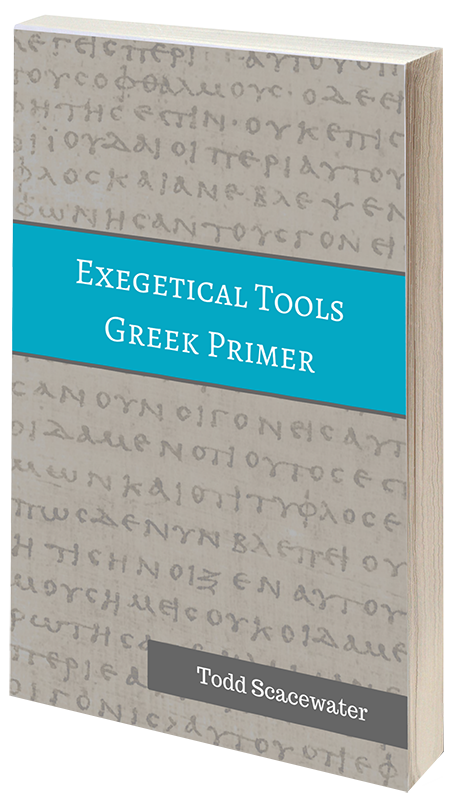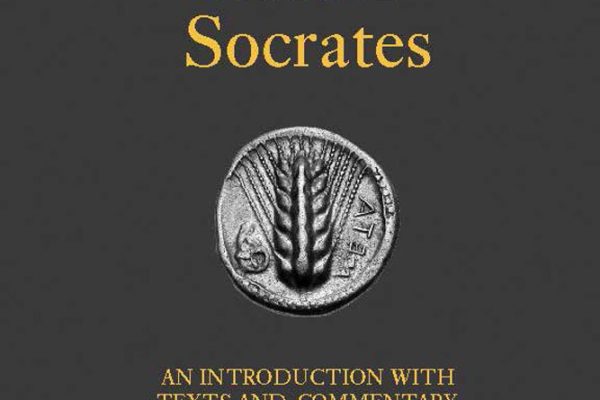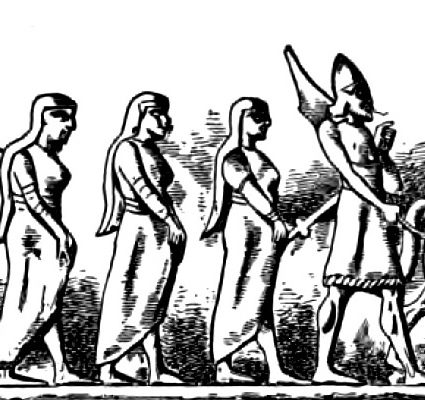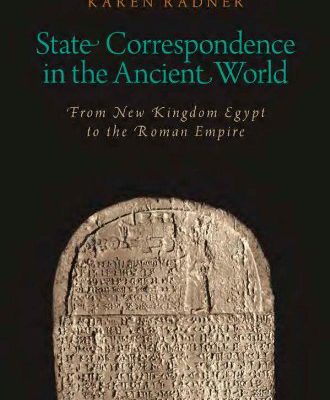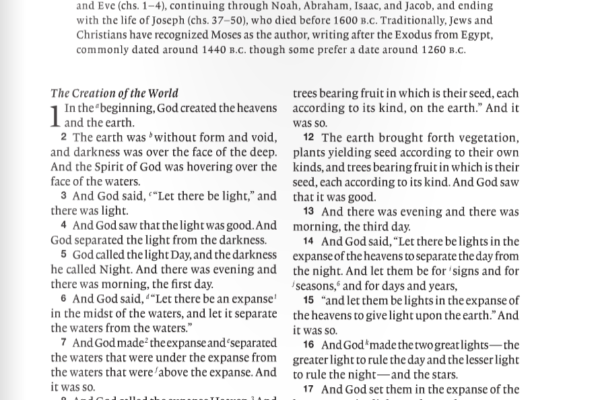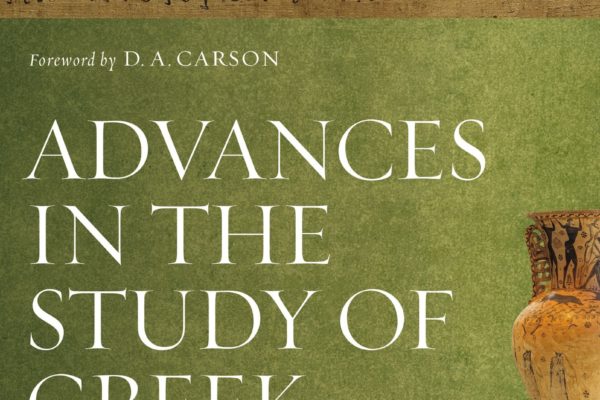Philosophy Before Socrates: An Introduction with Texts and Commentaries, 2nd ed., by Richard D. McKirahan
This work contains the primary texts containing information about the presocratic philosophers, with introductory notes and commentary on the texts. He organizes the material by topic to attempt to present each thinker in an organized fashion. The beauty of this book, as opposed to other “readers,” is that McKirahan presents “most, and in many cases all, of the fragments of the philosophers discussed, as well as other important evidence on their thought” (ix). There are cases where he cannot do this, for example, Hesiod’s Theogony, which is too long for full inclusion….

